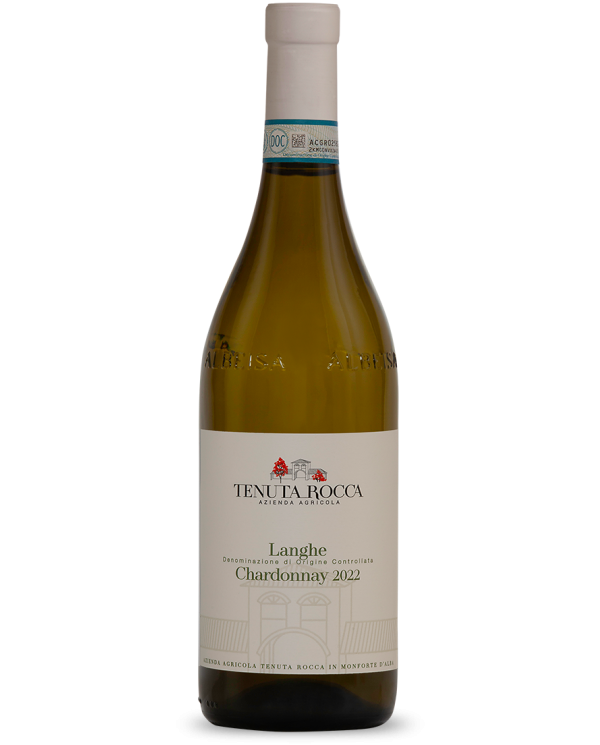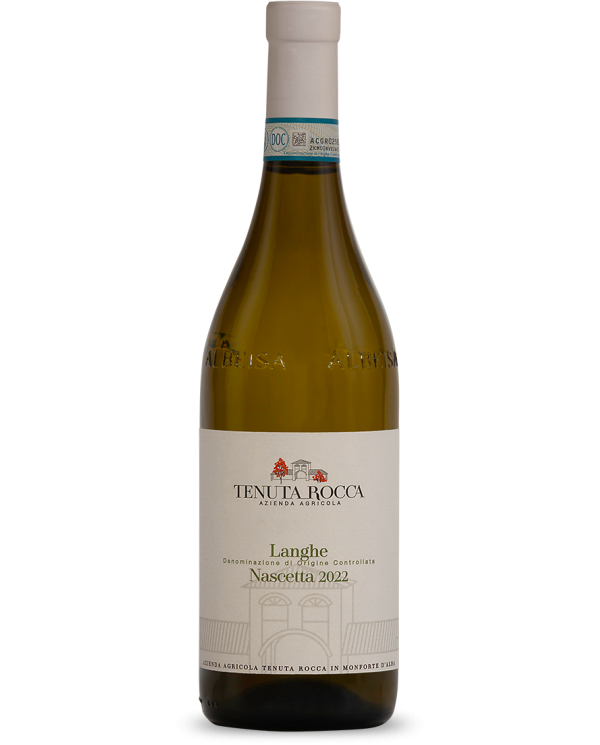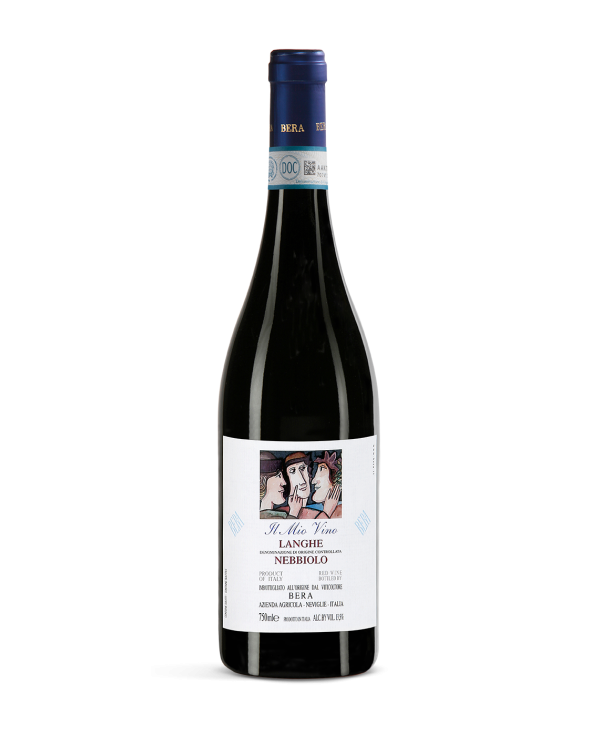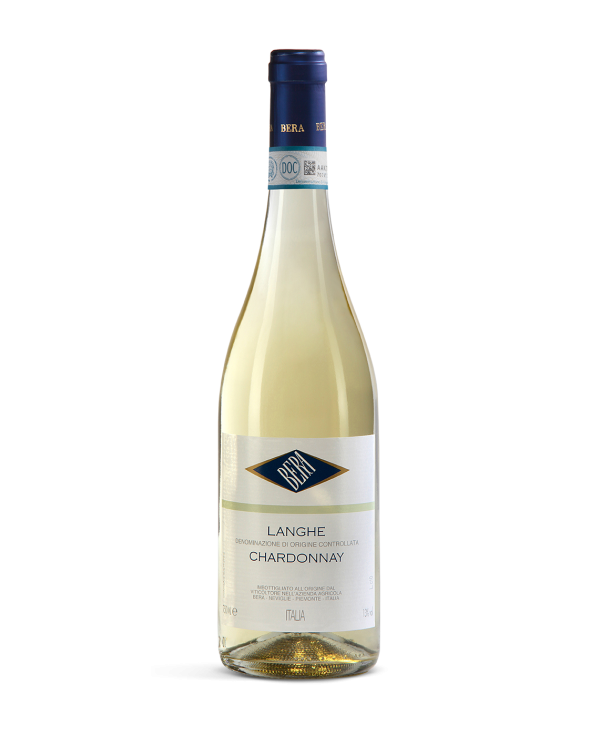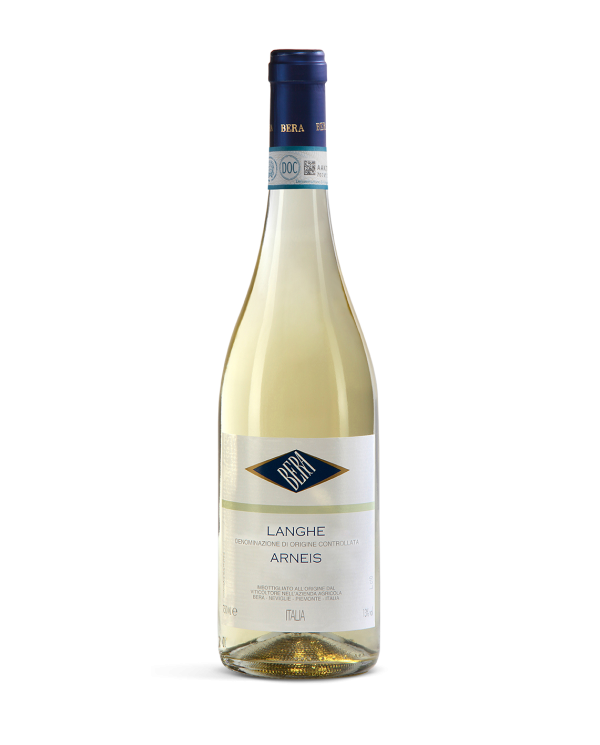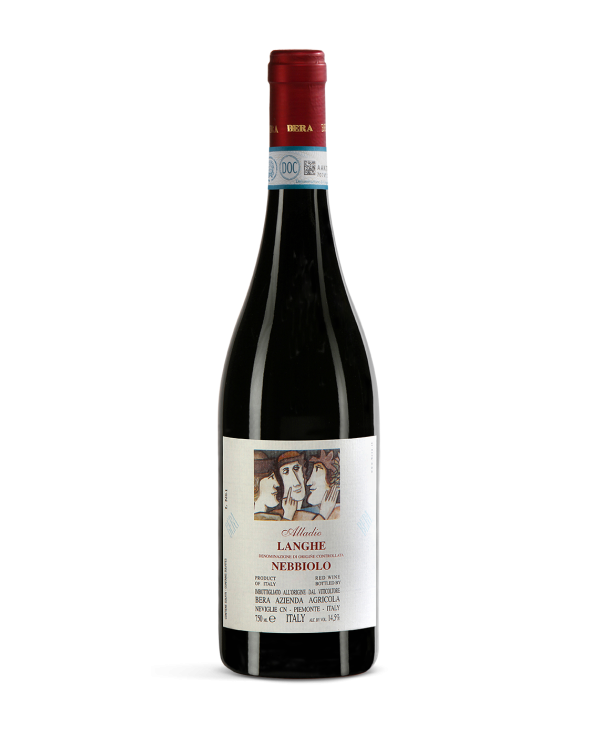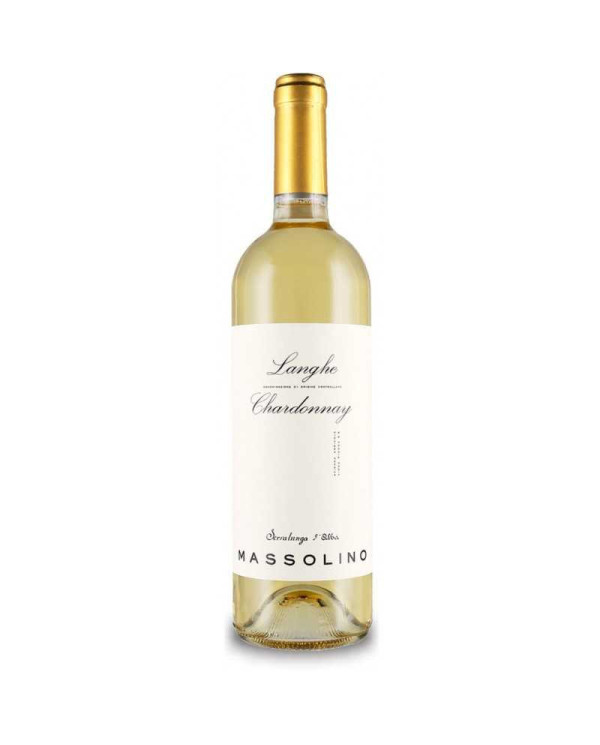Langhe denomination
The Langhe appellation is one of the winemaking gems of Piedmont, in northern Italy. This region is renowned for producing high-quality wines that have become famous throughout the world. In this article, we'll explore the Langhe appellation, from its history to the characteristics of its distinctive wines.
The History of the Langhe Denomination
The history of the Langhe appellation is deeply rooted in Piedmont's winemaking traditions. This wine region takes its name from the rolling hills and gentle valleys of the Langhe, the heart of Piedmont's winemaking. The grapes grown in this area create high-quality wines that reflect the region's winemaking tradition.
The Origins
The origins of viticulture in the Langhe date back to ancient times, with evidence dating back to Roman times. Over the centuries, local winemakers have perfected their techniques, preserving the winemaking tradition.
Characteristics of the Wines
The wines produced in the Langhe appellation are known for their unique winemaking characteristics that make them distinctive among Italian wines. Here are some of the main characteristics of Langhe wines:
Prestigious Vines
Langhe wines are often made using prestigious grape varieties such as Nebbiolo, Barbera, Dolcetto, and Arneis. These varieties give the wines a complex flavor profile, with notes of ripe fruit, aromatic herbs, and a robust structure.
Piedmontese Terroir
The Langhe terroir, with its limestone hills, continental climate, and unique soils, contributes significantly to the quality of the wines. The grapes benefit from the temperature variations between day and night, creating wines that reflect the character of the terroir.
Wine Production
The production of Langhe wines is an artisanal process that respects local tradition. The grapes are handpicked during the harvest and then subjected to controlled fermentation. Aging in wooden barrels further develops the wines' character.
Food Pairings
Langhe wines pair well with Piedmontese and Italian cuisine. They're ideal with meat-based dishes like braised beef, Alba-style raw meat, and aged cheeses like Castelmagno. Their complexity makes them perfect for pairing with the authentic flavors of local cuisine.
The Langhe appellation is an authentic expression of Piedmont wines. Its millennia-old history, the characteristics of its wines, and the beauty of the Langhe hills make it an unmissable wine destination for wine lovers. Savoring a glass of Langhe wine is like taking a journey through the winemaking culture of this fascinating region.
Frequently Asked Questions
What is the history of the Langhe Appellation? The history of the Langhe is rooted in Piedmont's age-old viticulture, with grapes grown on the Langhe hills.
What are the main characteristics of Langhe wines? Langhe wines are known for their use of prestigious grape varieties such as Nebbiolo and Barbera, and their complex and robust flavor profiles.
What are the ideal food pairings for Langhe wines? Langhe wines pair well with meat-based dishes, such as braised beef and Alba-style raw meat, as well as with aged cheeses.

